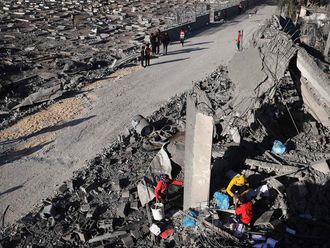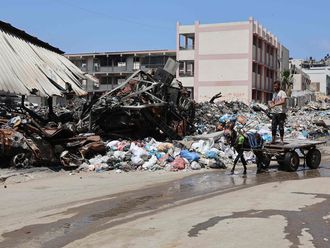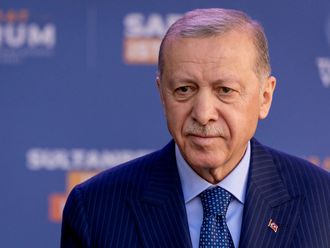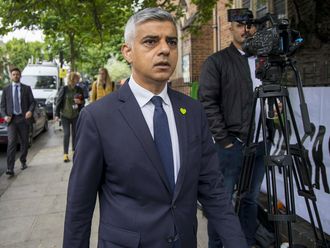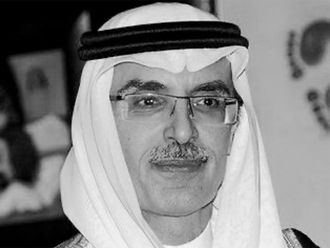Geneva: The Obama administration moved to expand contacts with opponents of Syria's President Bashar Al Assad on Tuesday as Secretary of State Hillary Rodham Clinton held a rare meeting with Syrian opposition figures and the top US ambassador to Syria returned to Damascus after a six-week absence.
Amid reports of a new surge in violence that the UN says has killed more than 4,000 people since an uprising against Al Assad erupted in March, Clinton told Syrian pro-reform activists in Geneva that she wanted to hear their plans to establish a new democratic government if they are successful in prying Al Assad and his regime from power.
The invitation was a step short of endorsement, but a clear sign the US wants to work closely with those who might assume leadership roles.
"Obviously, a democratic transition is more than removing the Assad regime. It means setting Syria on the path of the rule of law," Clinton told the activists who are all exiles in Europe and belong to the Syrian National Council, one of several umbrella groups for Al Assad foes.
Tuesday's meeting marked only the second time Clinton has held an in-person session with members of the Syrian opposition since President Barack Obama called for Al Assad to step down in August amid a still ongoing brutal crackdown on pro-reform demonstrators.
An official, speaking on condition of anonymity to describe the confidential discussions, said Clinton told the group that the US primarily wants to see them continue organizing and suggesting ways the US can help.
The activists described a worsening campaign of often sectarian retribution in Syria, in which Al Assad forces use rape as a weapon against both men and women and attempt to use ethnic and religious divisions to fuel violence and turn potential opponents against one another, a second US official said.
Several in the group outlined fears of civil war among Syria's fractious ethnic groups if Al Assad hangs on much longer, a threat that also looms if he goes. Syria is a country with a fragile jigsaw puzzle of Middle Eastern backgrounds including Sunnis, Shiites, Alawites, Christians, Kurds, Druse, Circassians, Armenians and more.
Clinton praised the Syrian National Council Group for its own religious and ethnic diversity and for its pledge to work to unify factions in the country. "The Syrian opposition, as represented here, recognizes that Syria's minorities have legitimate questions and concerns about their future, and that they need to be assured that Syria will be better off under a regime of tolerance and freedom that provides opportunity and respect and dignity on the basis of the consent rather than on the whims of a dictator," Clinton said at the start of the meeting. She sat with the seven activists for more than 90 minutes.
Clinton meets Syrian opposition, US envoy returns
US Secretary of State tells Syrian pro-reform activists in Geneva that she wants to hear their plans to establish a new democratic government


